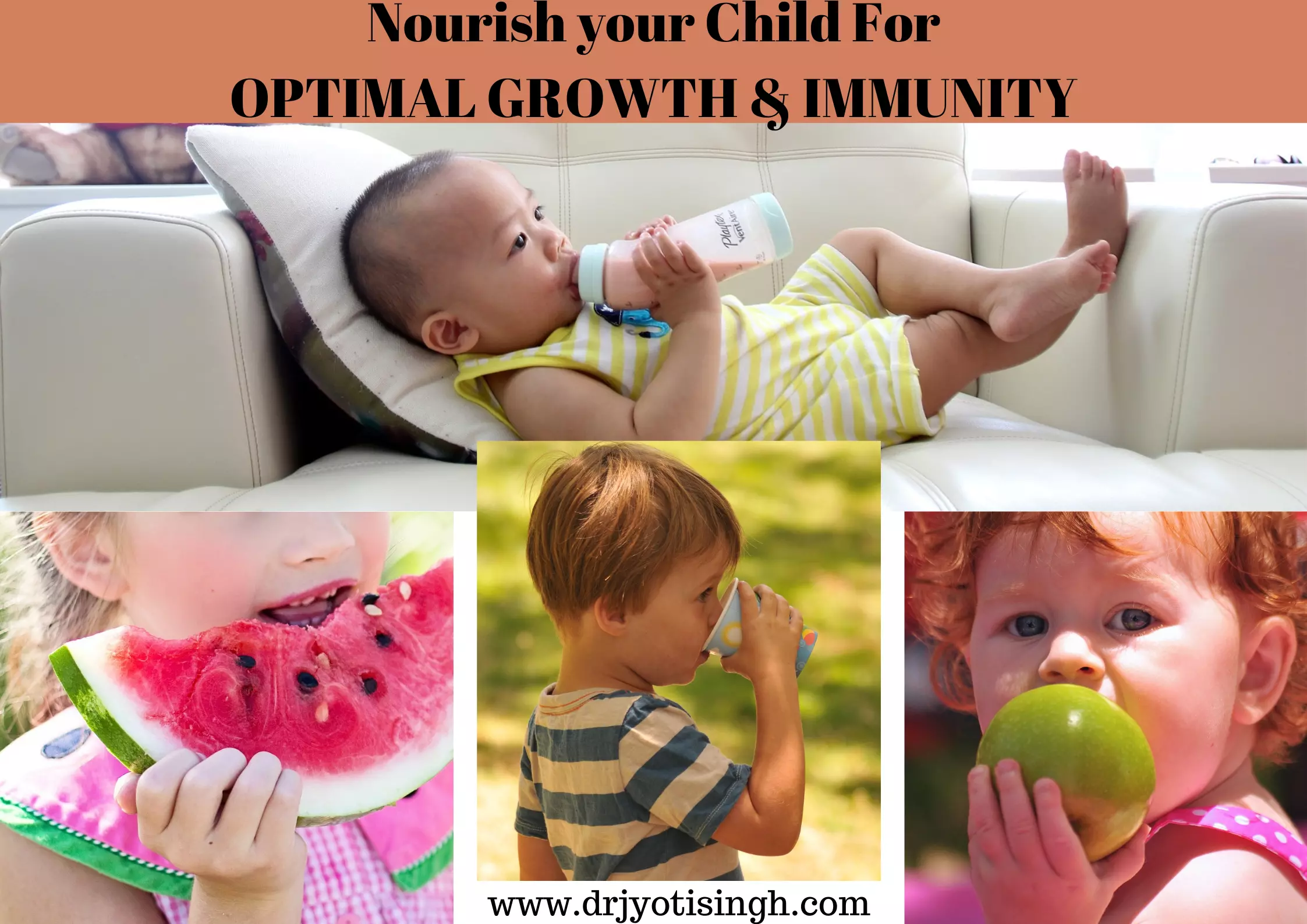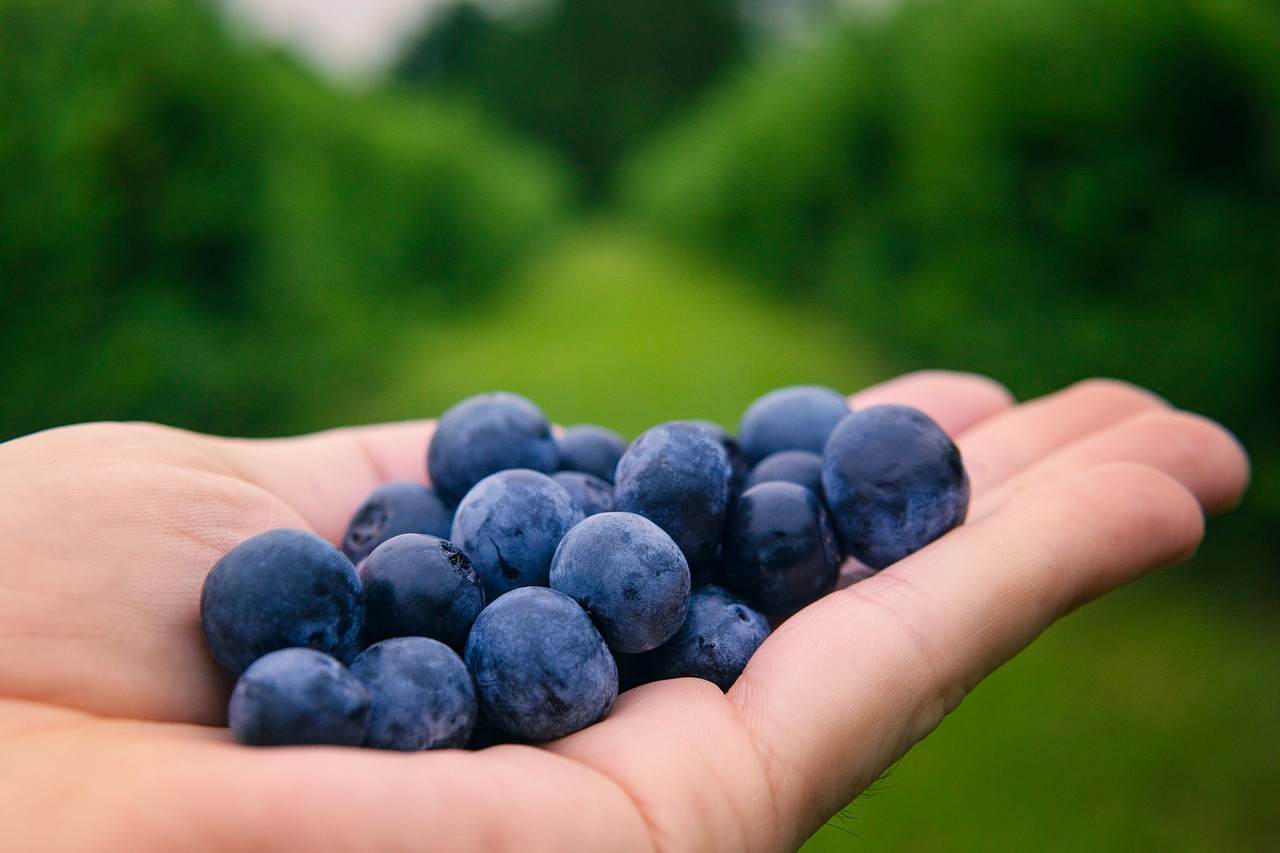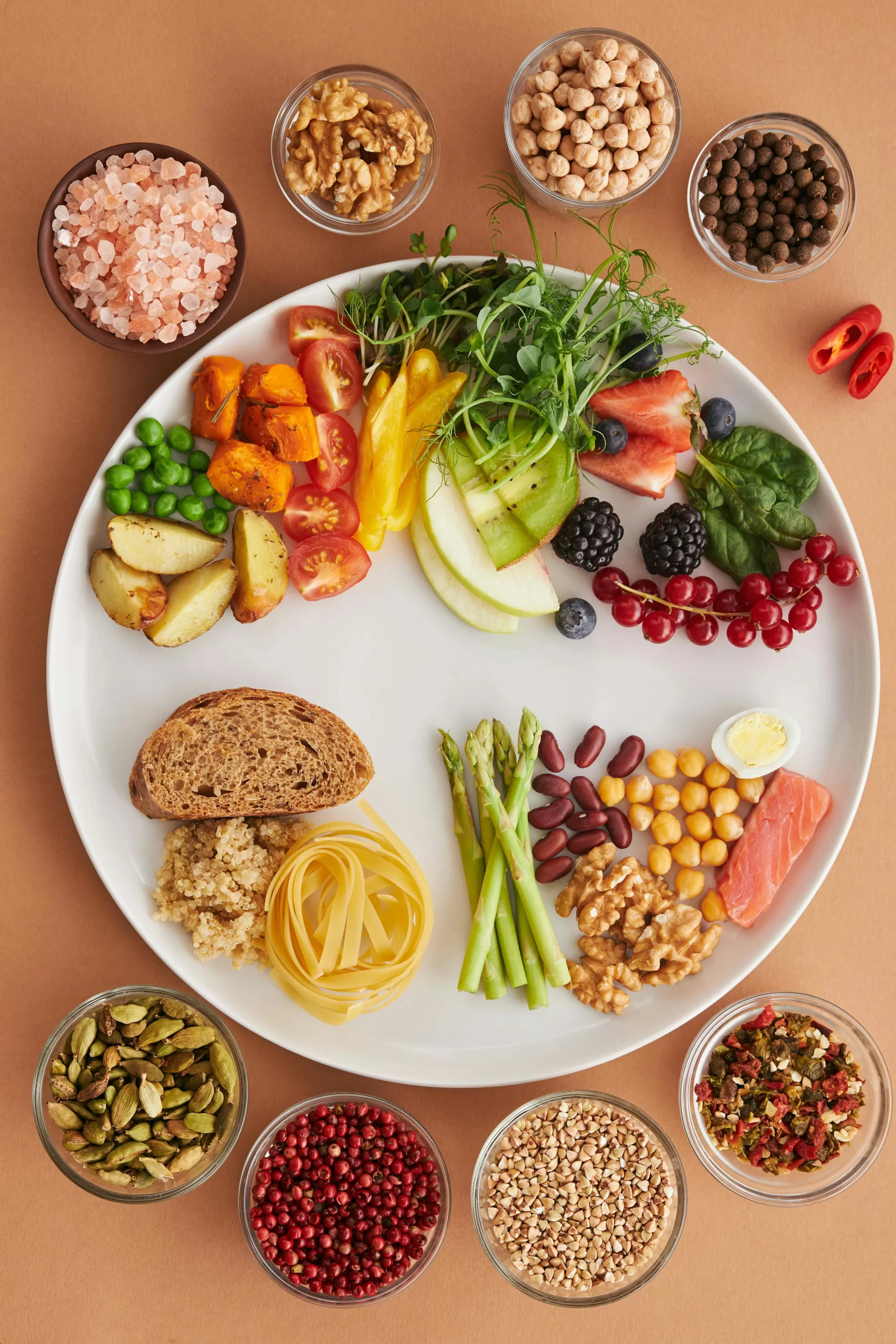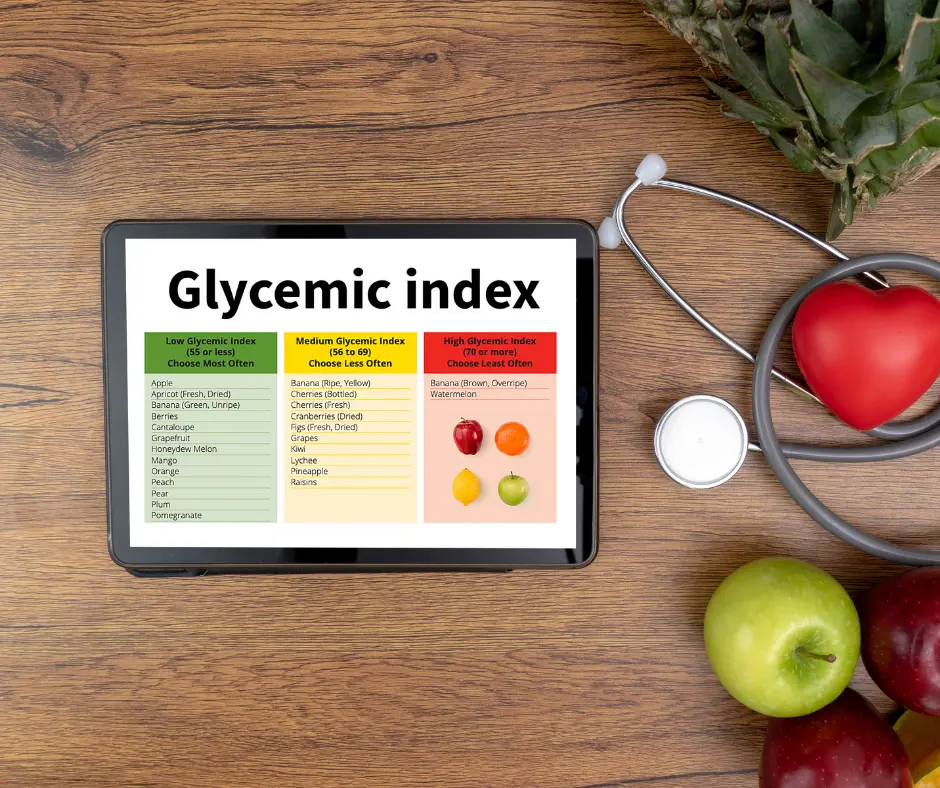
Protein: Building Blocks for Growth
Protein is an essential nutrient required for the growth and repair of tissues in the body. It is especially important during periods of rapid growth, such as infancy, childhood, and adolescence. Proteins are composed of amino acids, which are the building blocks for various bodily functions. They play a crucial role in the development of muscles, bones, and organs. Good sources of protein include lean meats, poultry, fish, eggs, dairy products, legumes, and nuts. Incorporating these foods into your child’s diet will ensure that they receive an adequate amount of protein for their growth and development.
Online Appointment
Carbohydrates: Energy for Play and Learning
Carbohydrates are the primary source of energy for the body, providing fuel for physical activity and brain function. They are essential for children’s active lifestyles, allowing them to engage in play, sports, and learning activities. These Carbohydrates can be classified as simple or complex, with complex carbohydrates being the healthier option. Good sources of complex carbohydrates include whole grains, fruits, vegetables, and legumes. These foods provide a steady release of energy and also contain essential vitamins, minerals, and dietary fibre.
Healthy Fats: Nurturing the Brain
Contrary to popular belief, not all fats are bad for health. Healthy fats are crucial for brain development and function, as well as the absorption of fat-soluble vitamins. Omega-3 fatty acids, found in fatty fish like salmon and mackerel, are particularly important for cognitive development. Other sources of healthy fats include avocados, nuts, seeds, and olive oil. It is essential to include these fats in your child’s diet in moderation to support their brain health and overall well-being.
Calcium: Fortifying Bones and Teeth
Calcium is a vital mineral for the development and maintenance of strong bones and teeth. It is especially important during childhood and adolescence when bone growth is at its peak. Good sources of calcium include dairy products like milk, cheese, and yogurt, as well as leafy green vegetables, tofu, and fortified plant-based milk alternatives. Ensuring an adequate intake of calcium will help prevent conditions like osteoporosis later in life and promote healthy bone development in children.
Iron: Facilitating Oxygen Transport
Iron is a mineral that plays a crucial role in carrying oxygen throughout the body and supporting the production of red blood cells. Iron deficiency can lead to anemia, resulting in fatigue, weakness, and impaired cognitive function. Good sources of iron include lean meats, poultry, fish, legumes, fortified cereals, and dark leafy green vegetables. Pairing iron-rich foods with vitamin C-rich foods, such as citrus fruits or bell peppers, can enhance iron absorption. It is important to ensure that your child’s diet includes sufficient iron to support their overall health and vitality.
Vitamins and Minerals: Micro Nutrient Heroes
Vitamins and minerals, as essential micronutrients, fulfil vital roles in sustaining our well-being. They function as “micronutrient heroes” by aiding diverse bodily processes, including bolstering the immune system, maintaining strong bones, and facilitating energy production.These are:
Vitamin A
This vitamin is crucial for vision, bolstering the immune system, and maintaining skin health. Sources encompass sweet potatoes, carrots, spinach, and eggs.
Vitamin C
Vitamin D
Vitamin E
Vitamin K
B Vitamins
Fibre: Promoting Digestive Health
Fibre is a type of carbohydrate that cannot be digested by the body. It plays a vital role in maintaining a healthy digestive system, preventing constipation, and regulating blood sugar levels. Foods rich in dietary fibre include whole grains, fruits, vegetables, legumes, and nuts. Encouraging your child to consume a variety of fibre-rich foods will promote healthy digestion and overall well-being.
Hydration: Water for Well-Being
Staying hydrated is essential for maintaining optimal health and well-being. Water is involved in various physiological processes in the body, including temperature regulation, nutrient transport, and waste removal. Encourage your child to drink an adequate amount of water throughout the day, especially during physical activity and hot weather. Limit sugary beverages and opt for water as the primary source of hydration. Additionally, incorporate hydrating foods like fruits and vegetables into your child’s diet to support their overall hydration.
Conclusion
Ensuring your child’s well-being and development is as simple as providing them with a well-rounded diet rich in essential nutrients. As emphasised by renowned child nutritionist Dr. Jyoti Singh, the best child nutritionist in India, incorporating protein, carbohydrates, healthy fats, calcium, iron, vitamins, minerals, fibre, and hydration into their meals, and fostering healthy eating habits from a young age, sets the foundation for a lifetime of good health. Remember, the key to a happy, healthy child lies in the choices you make to nourish their growing bodies and minds.






